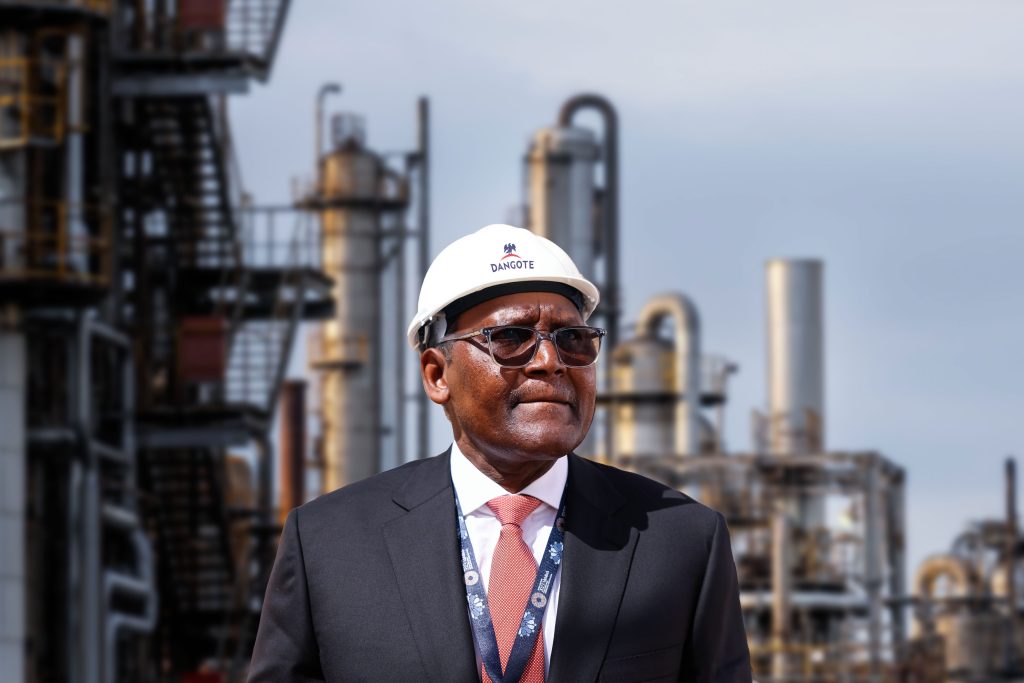
Nigeria’s daily oil and gas output plunged during a brief nationwide strike by the oil workers’ union PENGASSAN, which ended Wednesday after government-brokered talks with the Dangote Refinery, according to an impact report.
- Nigeria’s oil and gas output significantly decreased during a brief strike by the PENGASSAN union.
- The strike followed the dismissal of over 800 unionised workers by Dangote Refinery.
- Key energy facilities were shut down, causing disruptions in oil production, gas output, and power generation.
- The strike ended after government-mediated discussions, though vulnerabilities in the sector persist.
Nigeria’s daily oil and gas production plunged during a brief nationwide strike by the oil workers’ union PENGASSAN, an impact report shows.
The walkout ended on Wednesday after the Dangote Refinery agreed to reinstate and reassign staff it had dismissed over alleged sabotage.
The stoppage began on September 28 after Africa’s largest refinery, the 650,000-barrel-per-day Dangote plant, dismissed hundreds of unionised workers.
The walkout cut about 283,000 barrels of oil a day, roughly 16% of national output, and 1.7 billion standard cubic feet of gas, while knocking more than 1,200 megawatts off power generation, the state oil company NNPC Ltd, Reuters reported.
Nigeria pumps an average of 1.5 million barrels of oil per day, while the continent’s largest refinery supplies between 35% and 50% of the country’s gasoline needs.
It warned that the disruption posed a “material threat to national energy security” if prolonged.
DON’T MISS THIS: Dangote’s wealth rebounds to $29 billion despite domestic pressures, on cement and refinery growth
Key facilities shut during the strike included Shell’s Bonga floating production unit and the Oben gas plant. The restart of Nigeria LNG’s Trains 5 and 6 was delayed, midstream networks were disrupted, and cargo loadings for Dangote and at export terminals such as Akpo, Brass and Egina were held up, risking demurrage costs.
At least five critical maintenance and project deadlines also slipped, the report said.
NNPC said it had activated contingency plans and deployed non-union staff to sustain operations, but still faced “significant revenue losses” from missed liftings and gas sales.
The union called off the strike after government-mediated talks, easing immediate supply risks. However, NNPC warned that systemic vulnerabilities remain.
Dangote refinery reshapes fuel trade patterns
Separately, the refinery has secured a new two-year crude supply agreement with the Nigerian National Petroleum Company Ltd. (NNPC), guaranteeing feedstock for domestic fuel production and allowing transactions in naira after a series of suspensions.
Already, the Dangote refinery is reshaping the market by curbing imports into Nigeria and ramping up exports to neighbouring countries. Economists say the plant could ultimately end the decades-old gasoline trade from Europe to Africa, a market valued at about $17 billion annually.












